WE CULTIVATE
SUSTAINABILITY
Coltiviamo
la sostenibilità
Through the over 5,260 cooperative winegrowers belonging to our 11 member wineries, we cultivate more than 60% of the area under vine in Trentino. We are fully aware of the responsibility that comes with this, and care and respect for the land are a modus operandi that is rooted in Cavit´s history.
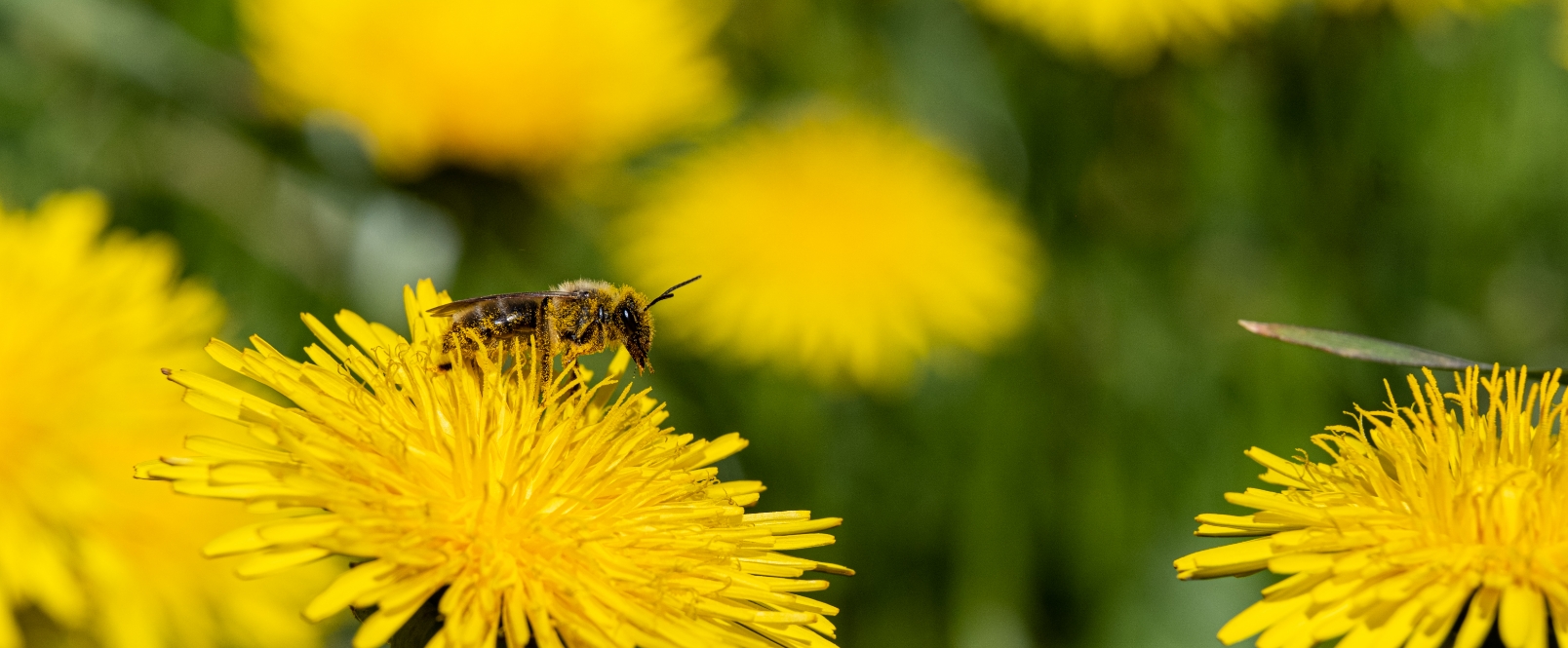
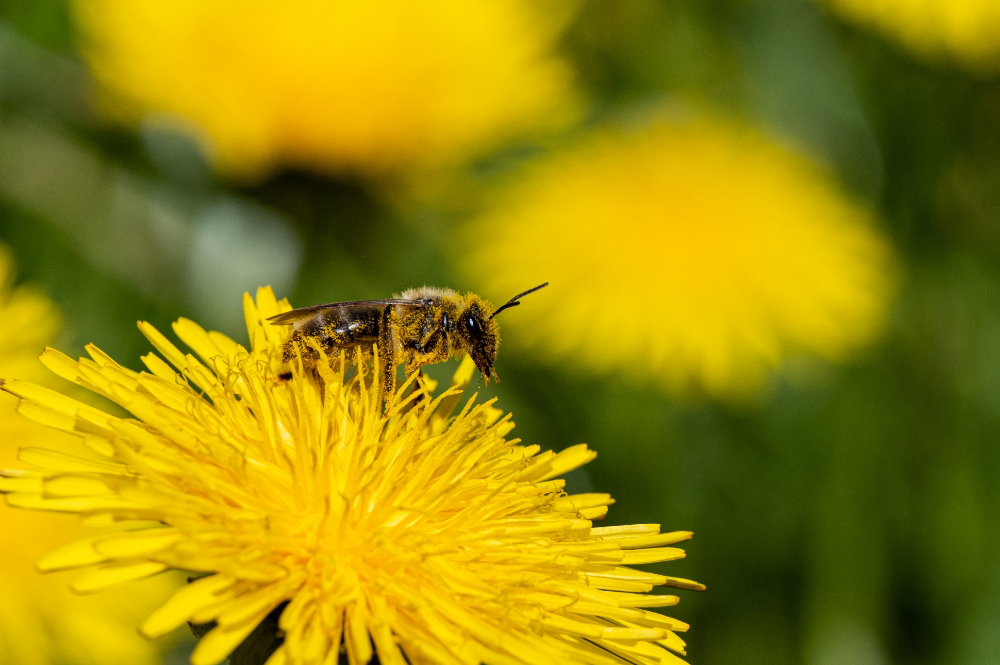
We have always been committed to the ongoing pursuit of sustainability in every area, combining the wisdom of traditional farming with our expertise in agronomy and cutting-edge technologies. An example of this is the PICA Project, one of the most advanced digital platforms in Italy for the implementation of smart and eco-sustainable winegrowing.
INNOVATIVE TECHNOLOGY
AT THE SERVICE
OF SUSTAINABILITY
PICA, which stands for Piattaforma Integrata Cartografica Agriviticola (an integrated communications and technology system), was created by Cavit in 2010 in collaboration with two of the best research centers in Trentino, the Edmund Mach Foundation (FEM) and the Bruno Kessler Foundation (FBK), with the goal of ensuring the best crop management and yields, and consistently steering our member winegrowers towards total sustainability.
PICA in fact is a technological tool that supports agronomists and member winegrowers with a view to improving two key aspects of winegrowing:
Quality:
– Identification of ideal grape varieties based on local technical and environmental parameters, such as soil mapping and geo-climate studies;
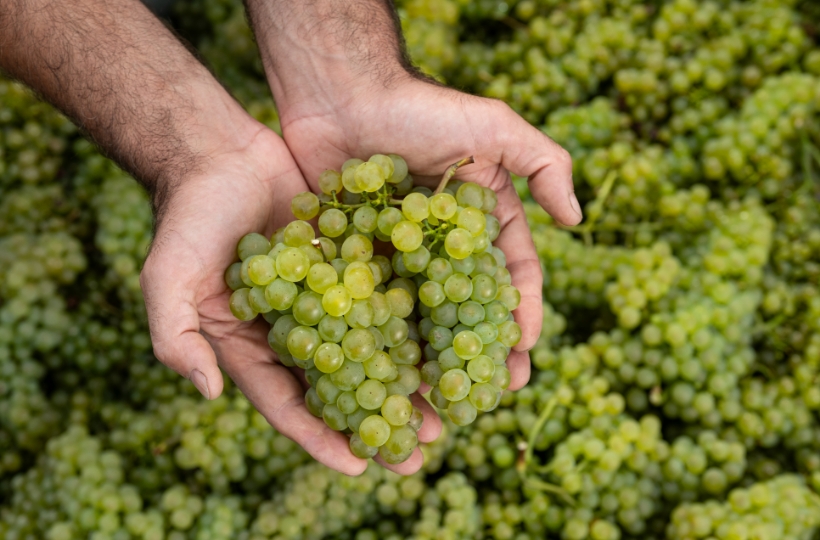
– Strict controls and selections in the vineyard during all agronomic processes;
– Monitoring of grape ripening to ensure optimum harvest.
Sustainability:
– Precision agriculture: minimization of treatments, optimization of resources for each individual vineyard through constant, customized monitoring;
– Assisting winegrowers in combatting pathogens;
– Rationalization of irrigation.
Under the direction of Cavit´s Technical Director, Andrea Faustini, the PICA Project is implemented by a team of specialized agronomists who form the Cavit Viticulture Group. This in-company department assists winegrowers in supervising and defending their vineyards with a view to achieving the best results.
INNOVATIVE TECHNOLOGY
AT THE SERVICE
OF SUSTAINABILITY

PICA, which stands for Piattaforma Integrata Cartografica Agriviticola (an integrated communications and technology system), was created by Cavit in 2010 in collaboration with two of the best research centers in Trentino, the Edmund Mach Foundation (FEM) and the Bruno Kessler Foundation (FBK), with the goal of ensuring the best crop management and yields, and consistently steering our member winegrowers towards total sustainability.
PICA in fact is a technological tool that supports agronomists and member winegrowers with a view to improving two key aspects of winegrowing:
Quality:
– Identification of ideal grape varieties based on local technical and environmental parameters, such as soil mapping and geo-climate studies;
– Strict controls and selections in the vineyard during all agronomic processes;
– Monitoring of grape ripening to ensure optimum harvest.
Sustainability:
– Precision agriculture: minimization of treatments, optimization of resources for each individual vineyard through constant, customized monitoring;
– Assisting winegrowers in combatting pathogens;
– Rationalization of irrigation.
Under the direction of Cavit´s Technical Director, Andrea Faustini, the PICA Project is implemented by a team of specialized agronomists who form the Cavit Viticulture Group. This in-company department assists winegrowers in supervising and defending their vineyards with a view to achieving the best results.
OUR COMMITMENT
TO THE LOCAL AREA AND THE COMMUNITY
Cavit´s commitment to sustainability however goes beyond the PICA Project: it manifests itself through a set of concrete actions that promote environmental, social and economic sustainability.
SUSTAINABLE FARMING TECHNIQUES
The value of the land that hosts us is important, which is why Cavit for over 20 years has adhered to the “Protocol for the production of high-quality wines in Trentino”, which aims to establish and verify on an ongoing basis that all winegrowing practices are consistent with achieving fully sustainable agriculture. All Cavit members have SQNPI – Sistema Qualità Nazionale Produzione Integrata (National Integrated Production Quality System) certification.
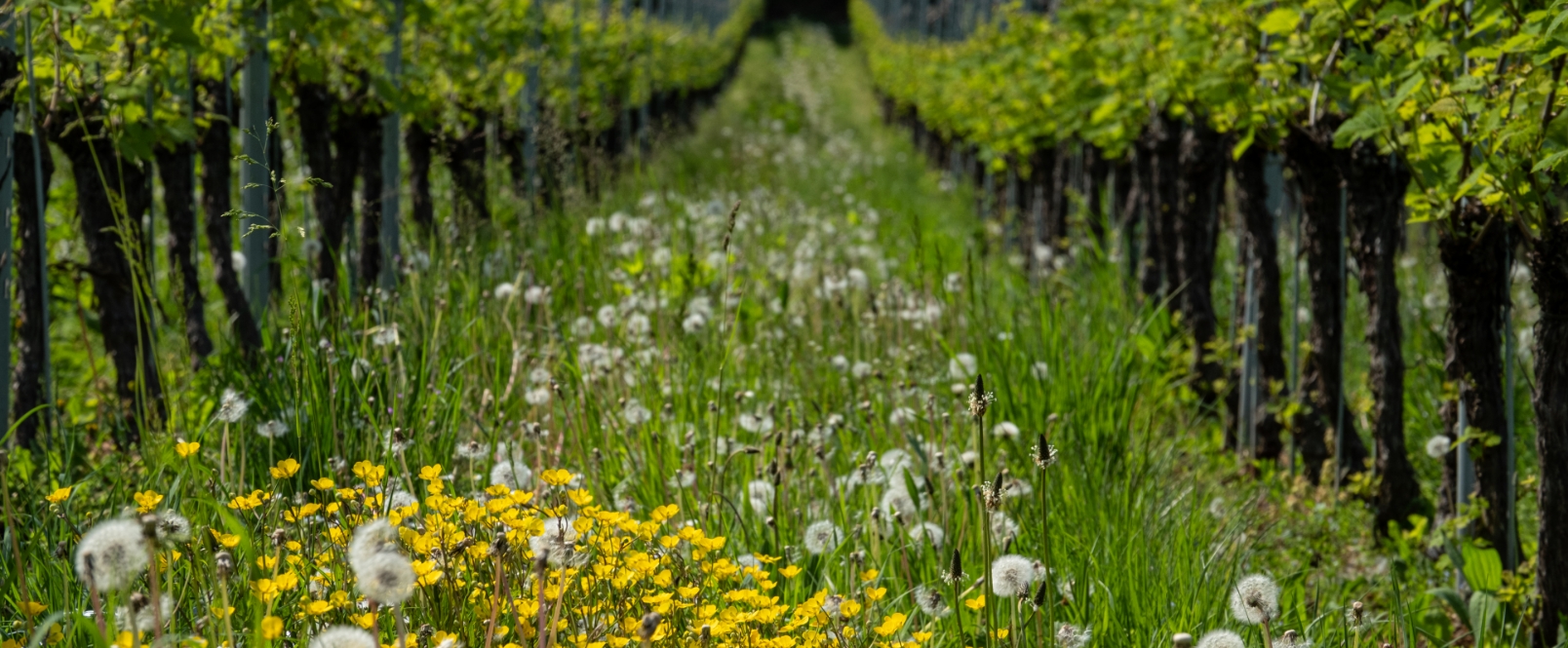
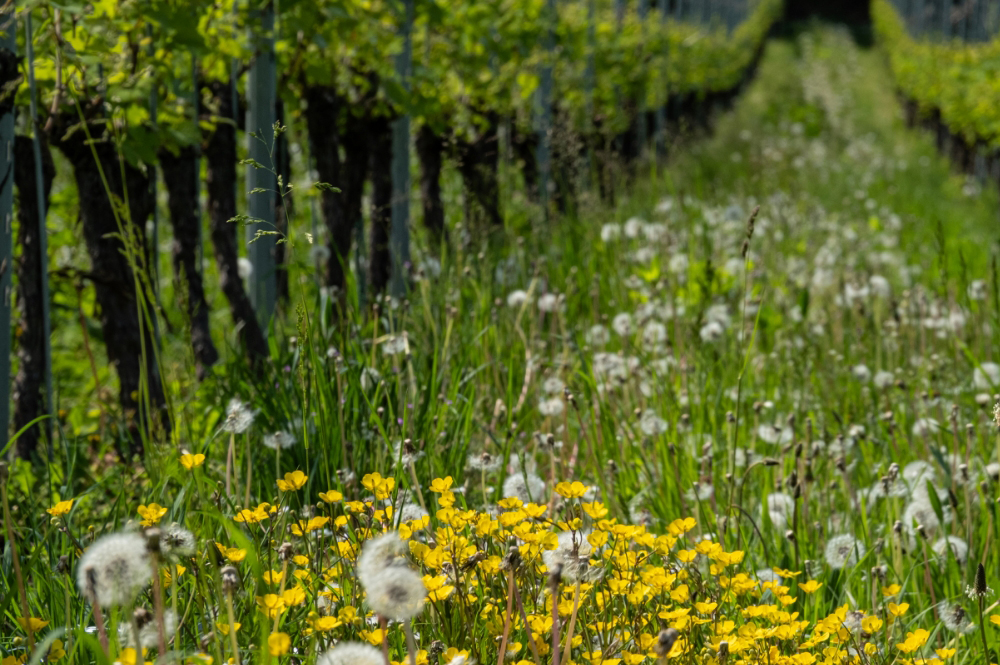
SOCIAL SUSTAINABILITY
The primary mission of Cavit´s operations, as a second-tier consortium, is the enhancement of the production of its over 5,260 members, thereby distributing value to all the families that are part of its cooperative chain.

By virtue of its strong connections with the local area, Cavit proudly supports numerous local sports and cultural initiatives. It sponsors Aquila Basket, Trentino Volley, Trento Calcio, Rugby Trento, the Golf Rendena Association, Ciaspolada, Marcialonga, as well as many other activities of the various tourism promotion boards. It is also a partner of the MART Museum in Rovereto.
In respect of and with a view to protecting consumers, Cavit is committed to encouraging moderate and responsible wine consumption. To this end, we support the Wine in Moderation project, the leading European program for the promotion of social responsibility in the wine industry.
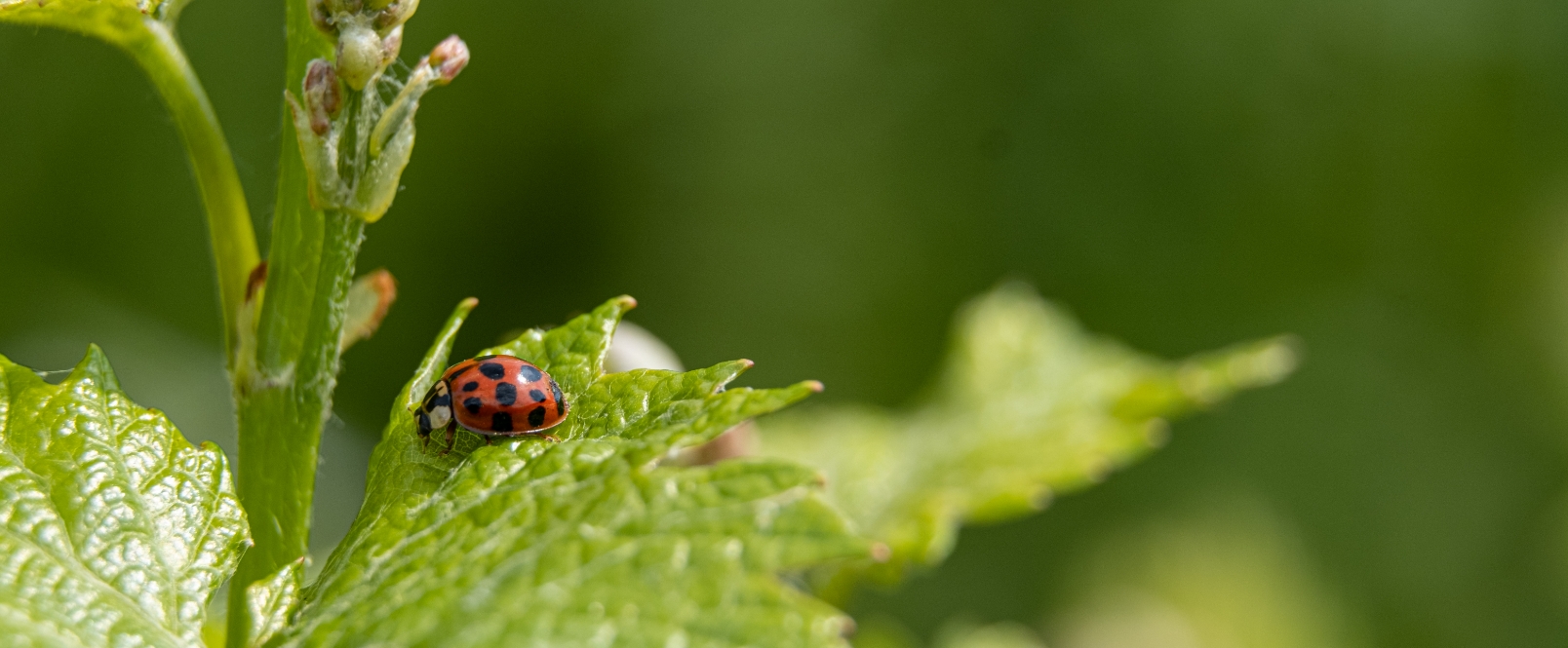
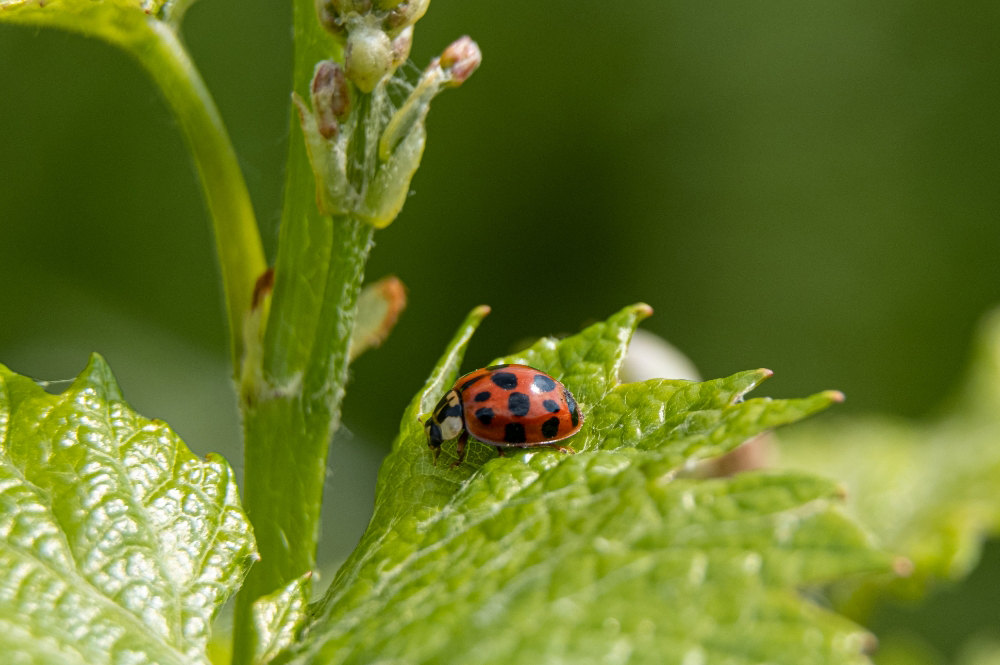
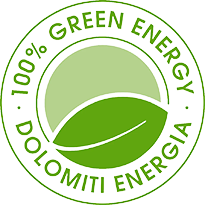
RENEWABLE ENERGIES
Cavit invests continuously in reducing its energy consumption and rendering this sustainable.
Photovoltaic panels installed at the Company now cover over 17% of the Company´s electricity needs. The remaining requirement is purchased from Dolomiti Energia, which guarantees that 100% of its energy comes from renewable sources.


Governance
The Company is firmly committed to the continuous improvement of its integrated management system, in addition to its alignment with the Company´s other management tools (HACCP system, analysis system, IT system), to ensure respect of the principles of worker safety and environmental requirements.
Cavit´s CODE OF ETHICS and the adoption of 231 ORGANIZATIONAL MODELS, along with our COMPANY POLICY, ensure that communication of its ethical and behavioral values to all those who work with the Company is reinforced.
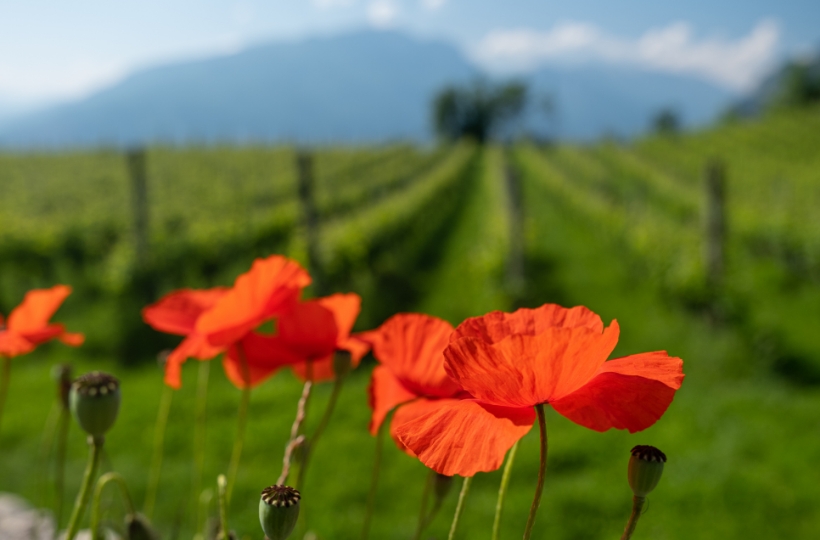
CERTIFICATION
Cavit has obtained numerous certifications, all renewed regularly:
- UNI EN ISO 9001
- UNI EN ISO 14001 – Environmental Management systems
- UNI ISO 45001 – Occupational Health and Safety Management system
- BRCGS (Global Standard for Food Safety – British Retail Consortium)
- IFS (International Food Standards)Certification AEO – Authorized Economic Operator
- Certification Bio-food production
- Adhesion to the Protocol for the production of high-quality wines in Trentino (more than 20 years)
- SQNPI Sistema Qualità Nazionale Produzione Integrata (OsservatorioSQNPI@politicheagricole.it)



Share
sui social network